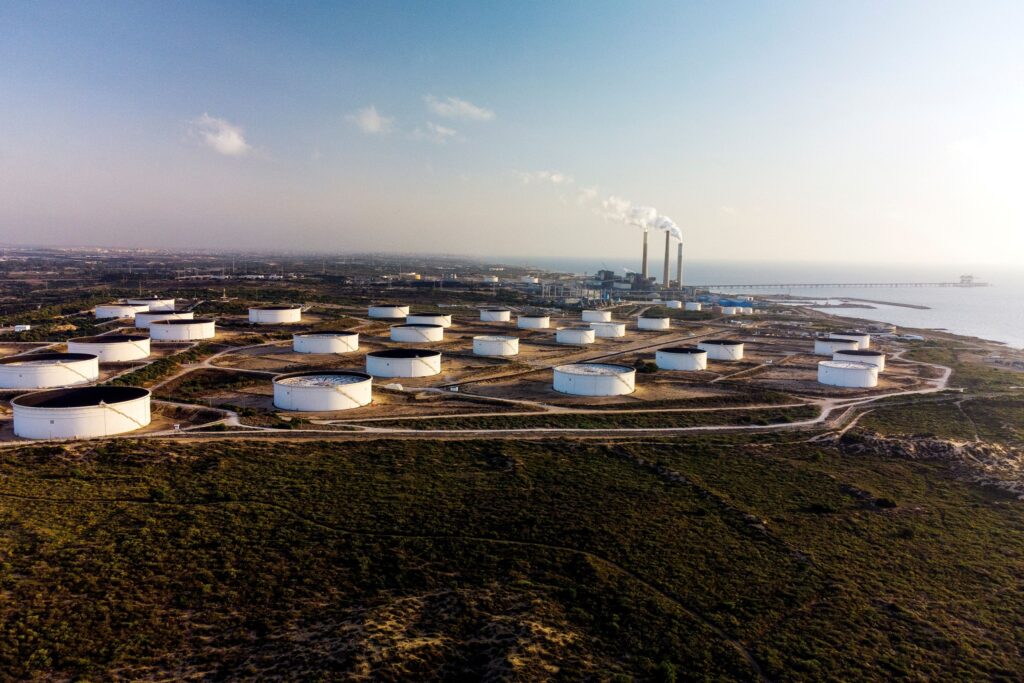
Israel’s Environmental Protection Ministry said on Thursday that it had blocked a deal with partners from the United Arab Emirates to transport oil from the Gulf to Europe via the port of Eilat that houses a fragile coral reef.
The announcement could lead the cancellation of this deal, which was one of many to emerge from normalization in ties between Israel-UAE last year. Environmentalists had petitioned Israel’s High Court to block the agreement.
The deal was signed between an Israeli state-owned firm and a venture with Emirati, Israeli owners. It allows oil to be unloaded from tankers in Red Sea port of Eilat and moved across Israel via an existing pipeline to reach the Mediterranean coast.
Responding to the Court petition, Prime Minister Naftali Bennett’s government said it would not intervene and would instead allow the Environmental Protection Ministry to play its regulatory role limiting activities that pose ecological risks.
“We blocked the entry of dozens of oil tankers into the Gulf of Eilat,” Environmental Protection Minister Tamar Zandberg said in a statement, adding that Israel “will not become a bridge of pollution in an era of climate crisis.”
Israel’s energy minister had previously come out against the deal, also over environmental concerns.
The two companies involved in the deal – Israel’s Europe Asia Pipeline Company (EAPC), and MED-RED Land Bridge – did not immediately provide comment.


